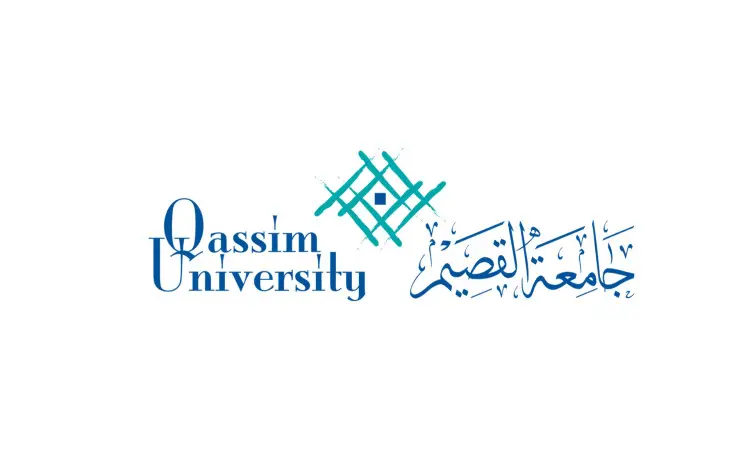University director: College outputs are distinguished and accepted by national organizations
College of Computing at Qassim University receives ABET accreditation
Media and Communication Center:
His Excellency Prof. Abdulrahman bin Hamad Al-Dawood, President of the University, congratulated the staff of the College of Computing at the University after it obtained the international academic accreditation for engineering and technology from ABET, which is the culmination of its continuous efforts in development, quality and continuous improvement in the academic and research process.
This came during his meeting with the dean of the college and its vice deans after they achieved this achievement, which included the three programs of the college, namely "Computer Engineering, Computer Science and Information Technology" for male and female students, stressing that this accreditation came as a result of joint efforts and continuous work between the college and international academic accreditation bodies, which confirms the strength of its curriculum, the competence of its faculty members, whether research or academic, the completeness of its specialized laboratories and the quality of its outputs.
Al-Dawood described this achievement as one of the steps taken by the university towards its relentless pursuit of scientific leadership, describing it as an important national achievement that clearly confirms the prestigious and growing status reached by the university, pointing out that it receives praise from several entities in the Kingdom, which praise the outputs of the college.
The UQU President extended his thanks to God and then to the Custodian of the Two Holy Mosques King Salman bin Abdulaziz Al Saud, His Highness the Crown Prince and His Highness the Deputy Crown Prince - may Allah protect them - for their continuous and continuous support for higher education, praising the follow-up of His Highness Prince Dr. Faisal bin Meshal bin Saud bin Abdulaziz, Governor of Qassim Region, to the various activities of the university, and thanking the Minister of Education for the incentives and encouragement given to the university by the ministry.
For his part, the Dean of the College, Prof. Dr. Abdullah bin Ibrahim Al-Shoushan, praised the efforts of the UQU President to promote the university and its colleges, praising the support of the UQU Vice President for Planning, Development and Quality, Prof. Sulaiman bin Abdulaziz Al-Yahya, and providing all available resources that enabled the college to obtain international academic accreditation for all its programs.
It is noteworthy that in October last year, the ABET team from the United States of America visited the college to assess and review the required accreditation standards.


